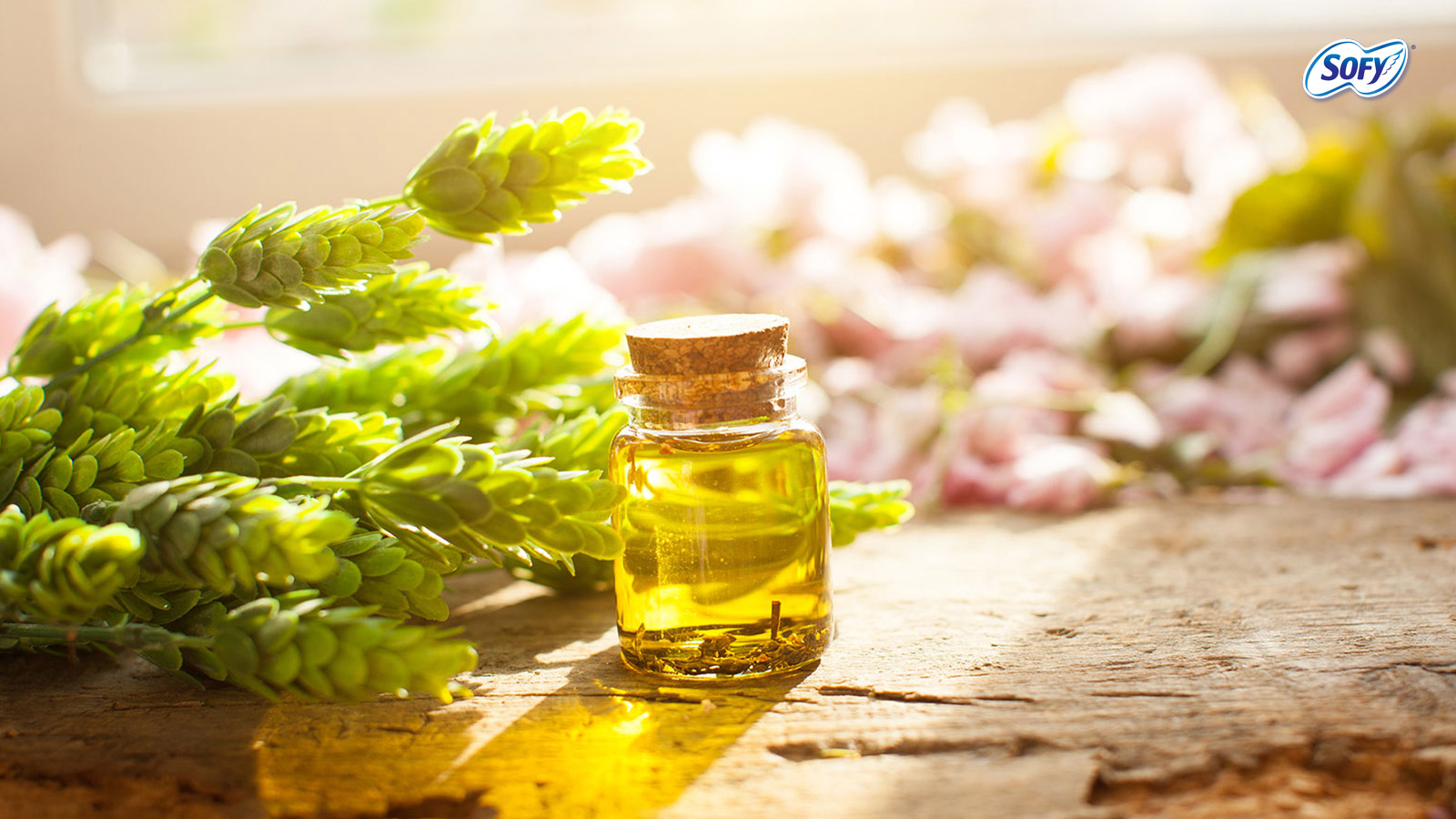Yeast infection happens when the balance between bacteria and yeast is disturbed. When the yeasts start multiplying, the infection starts leading to itching, swelling and irritation. Symptoms related to a yeast infection include vaginal itching, swelling around the vagina, burning while urinating/sex, and pain during sex, soreness, redness and rashes. Below are a few treatment options for a Yeast Infection:
-
Yogurt
Yogurt helps in treating a vaginal yeast infection since it contains a bacterium called lactobacillus acidophilus which is effective in suppressing the infection. One can include Yogurt in their normal diet to eradicate the effects of a yeast infection. It is also suggested to apply the Yogurt directly on the vagina for a quick relief.
-
ACV (Apple Cider Vinegar)
Apple cider vinegar boasts of certain antibacterial and antifungal properties. For a quick relief from a Yeast infection, try applying it externally or can be used after mixing it in a bath. Diluting ACV and drinking it in water can also be effective in dealing with the infections.
-
Boric Acid Powder
Boric acid is useful in dealing with a harsh vaginal yeast infection. The acid can be placed inside gelatin capsules which get inserted into the vagina. This acid stops the fungus from going in the vagina and thus helps prevent the infection. It restricts the growth of fungus called Candida Albicans (C. Albicans) and Candida glabrata (C. glabrata).
-
Avoid Intercourse
In order to treat an infection, it is suggested to avoid the intercourse, firstly because the infection should not pass on to the partner. If the infection keeps occurring, it is recommended that the partner also gets himself treated; otherwise the infection will continue to grow. Using condoms during an intercourse is imperative to avoid the passing of infections.
Girls should avoid consuming sugary products since that leads to an overgrowth of yeast in the body. One should avoid wearing nylon/synthetic underwear so that the body is able to breathe and the infection gets treated quickly. Using aloe Vera gel acts as a cooling agent and helps reduce the irritation and inflammation of the skin.
FAQ’s
2. How does apple cider vinegar (ACV) work for yeast infections?
Apple cider vinegar is cited by SOFY as having antibacterial and antifungal properties that may assist in controlling yeast overgrowth. The suggested methods include a diluted ACV bath or external application. However, it must be diluted before use and is not a substitute for medical treatment.
3. What is the role of boric acid in treating stubborn yeast infections?
According to the SOFY article, boric acid powder in capsule form may be inserted vaginally to help manage more severe yeast infections (especially Candida albicans and C. glabrata). It works by inhibiting fungal growth but should only be used under medical supervision due to safety considerations.
4. Why should sexual intercourse be avoided during a yeast infection?
SOFY recommends refraining from intercourse to avoid passing the infection between partners and to allow the vagina to heal. Using condoms is advised, and both partners may need treatment to prevent recurrence of the infection.
5. How do sugar consumption and synthetic underwear contribute to yeast infections?
The article highlights that sugary foods and synthetic underwear increase risk by promoting yeast growth and reducing ventilation. Candida thrives on excess sugar, while nylon or synthetic fabrics trap heat and moisture—ideal conditions for infection. Choosing cotton underwear and minimizing sugar help restore balance.
6. Are home remedies enough, or when should one see a doctor?
While the SOFY blog suggests natural remedies can provide relief, it also warns that if symptoms persist, worsen, or recur frequently, you should seek medical care. Persistent infections may indicate underlying issues needing prescription antifungals.
7. Can you apply yogurt directly to vaginal skin or inside the vagina?
Yes — according to SOFY, using unsweetened yogurt externally or applying it intravaginally via capsule or applicator may help. But you must ensure hygiene and clean hands, and if irritation occurs, stop and consult a doctor.
8. Is it safe to self-treat with boric acid while pregnant?
No. The SOFY article implies caution with boric acid use and does not recommend it for pregnant individuals. Because of potential risks and lack of sufficient safety data, always consult your gynecologist in pregnancy.
9. How important is underwear fabric choice in managing vaginal yeast infections?
Very important. SOFY states that breathable cotton underwear helps maintain a dry, well-ventilated environment, which inhibits Candida overgrowth. Avoiding tight and synthetic underwear that retain moisture is a key preventive step.
10. Can lifestyle changes prevent recurring yeast infections?
Yes — According to the article, reducing sugar intake, using mild unscented intimate products, avoiding synthetic underwear, changing wet clothes promptly, and minimizing antibiotic exposure are effective preventive measures. These habits support a balanced vaginal environment and reduce yeast overgrowth risk.

